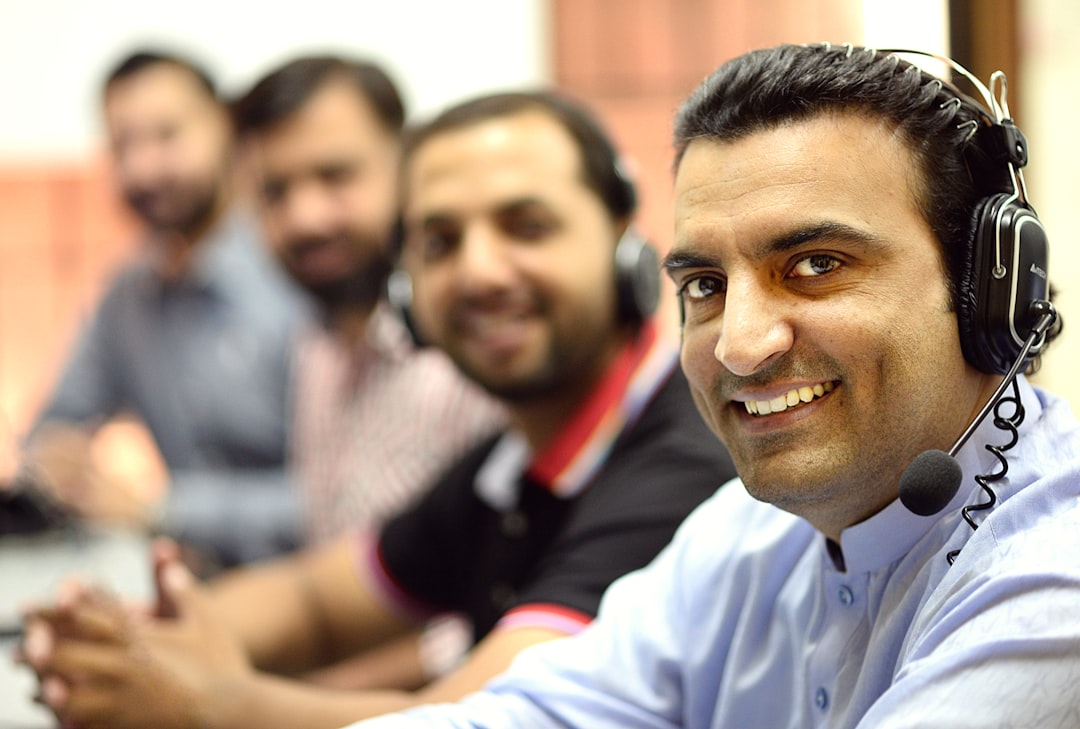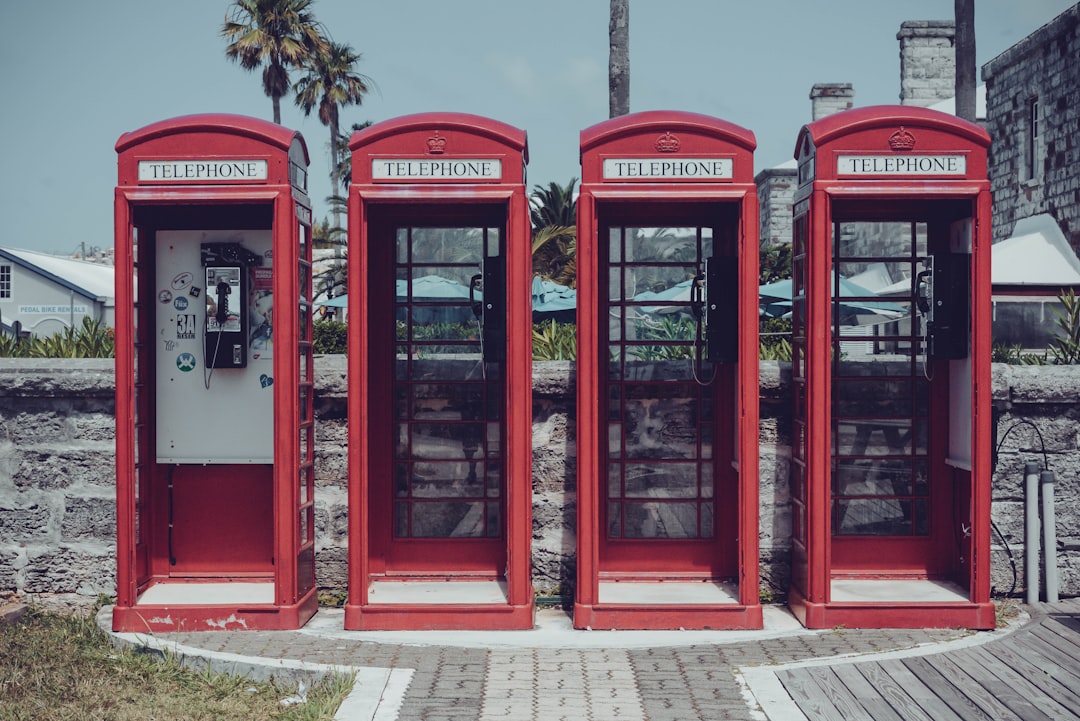Robocalls are a widespread problem in Tampa, causing distress and disrupting daily life. To combat this, residents are turning to Unwanted Call Lawyers Florida for legal advice and collective action. By combining community awareness, technological blocking tools, and legal strategies, Tampa aims to significantly reduce robocalls through the National Do Not Call Registry, state and federal laws, and local initiatives, fostering a stronger, more informed community.
In Tampa, robocalls have become a persistent nuisance, impacting residents across the city. This article explores effective strategies to combat this growing issue, focusing on community action and leveraging local resources. We delve into the legal aspects every Florida resident should know and provide actionable steps to reduce unwanted calls. Discover how collaborating with local organizations can create a unified front against robocalls, empowering Tampa communities to reclaim their communication channels from relentless automated callers. Connect with a trusted unwanted call lawyer Florida for expert guidance.
Understanding Robocalls and Their Impact in Tampa

Robocalls, a pervasive and unwanted practice, have become a significant nuisance for many Tampa residents. These automated phone calls, often promoting products or services, are designed to reach a wide audience quickly but can have detrimental effects on individuals’ well-being. The constant barrage of Robocalls can lead to increased stress levels, disrupted sleep patterns, and a general sense of annoyance, especially when personal information is solicited without consent.
In Tampa, as in many other cities across Florida, unwanted calls have become a pressing issue, prompting residents to seek solutions. Many turn to legal avenues by consulting with an unwanted call lawyer in Florida to understand their rights and explore options for recourse. By leveraging community resources and raising awareness about the impact of Robocalls, individuals can collectively fight back against this intrusive form of communication.
The Role of Community Action in Combating Robocalls

In the ongoing battle against robocalls, community action plays a pivotal role in empowering residents of Tampa to take back their communication channels. By joining forces and sharing resources, individuals can create a collective defense mechanism against these persistent unwanted calls. Community initiatives allow for the exchange of information about emerging scams and effective blocking techniques, providing a network of support that extends beyond individual efforts.
Local communities in Florida have the power to organize and educate their members, empowering them with knowledge about tracking and blocking robocallers. Collaborating with local legal aid groups and unwanted call lawyers can further strengthen these defenses, ensuring that residents have access to professional guidance and legal recourse when necessary. Together, these efforts can significantly reduce the impact of robocalls on Tampa’s residents.
Legal Aspects: What Every Florida Resident Should Know

In Florida, as in many states, there are robust laws protecting residents from unwanted calls, particularly those originating from robocalls. The Telephone Consumer Protection Act (TCPA) is a federal law designed to curb excessive and unwanted telemarketing practices. It prohibits automated phone systems or prerecorded messages from calling telephone numbers on the National Do Not Call Registry unless the caller has explicit consent from the recipient.
Florida also has its own Do Not Call list, which further reinforces these protections. If you are a Florida resident receiving robocalls, it’s advisable to consult with an unwanted call lawyer Florida to understand your rights and options. Legal counsel can help navigate the complexities of the TCPA and state laws, ensuring that your rights are upheld and providing guidance on potential legal recourse against persistent or abusive robocallers.
Effective Strategies to Reduce Unwanted Calls

In Tampa, fighting back against robocalls requires a multi-faceted approach leveraging community resources effectively. One powerful strategy is to educate neighbors and local businesses about the issue and encourage them to implement call-blocking technologies or register with the National Do Not Call Registry. Additionally, local consumer protection agencies can play a crucial role by compiling data on common robocallers and collaborating with telecommunications providers to block or redirect these calls.
Another effective method involves harnessing the power of legal action. An unwanted call lawyer in Florida can help individuals and businesses navigate legal avenues to stop persistent robocalls. This may include filing complaints with regulatory bodies, seeking injunctions against call centers engaging in illegal telemarketing practices, or pursuing litigation for damages caused by intrusive calls. By combining community awareness, technological solutions, and legal enforcement, Tampa residents can create a robust defense against unwanted robocalls.
Collaborate with Local Organizations for a Unified Front

In the fight against robocalls, unity is strength. Collaborating with local organizations in Tampa creates a unified front that can effectively tackle the issue on a community level. By joining forces, residents, non-profits, and businesses can share resources, knowledge, and strategies to combat unwanted calls. This collective approach not only amplifies the impact of individual efforts but also fosters a sense of community engagement.
Local organizations, including churches, schools, and community centers, can play a pivotal role in organizing events or workshops to educate residents about robocalls and available legal protections. Partnering with an unwanted call lawyer Florida-based can provide valuable insights into the legal aspects of dealing with these calls, empowering the community to take proactive measures and protect themselves from malicious practices.






